Industry critical of proposed sweeping powers for the Australian Energy Market Operator
The energy operator would gain the power to intervene directly in the market in the event of another supply and price crisis.
A plan to give the energy operator powers to intervene in the east coast gas market has been panned by a string of powerful industry players who raised concerns about the distortion of supplies and the absence of a trigger for activating the emergency process.
State and federal energy ministers have proposed handing sweeping new powers to the Australian Energy Market Operator which would allow it to order gas exporters to divert supplies into the east coast gas market to cover shortfalls, or to direct major users – including gas-fired power stations – to curtail operations to preserve gas supplies.
But amid escalating tensions within government over how to lower soaring domestic gas prices, big gas users have raised questions over the plan on both intervention and cost grounds.
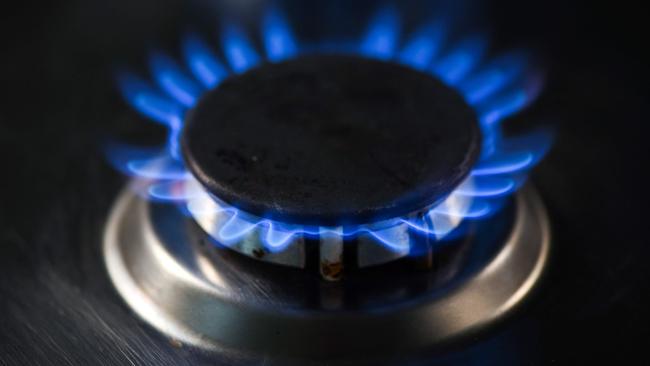
“We consider the chances of ‘last resort’ directions are much higher than negligible and hence the risks to our members having a potentially large cost exposure,” Energy Users Association of Australia chief Andrew Richards said.
“Our members are very concerned that AEMO will be in the gas market competing against them for supply and storage, and able to pay whatever price is required knowing that members will have to make a contribution to the costs of the … purchase.
“Our members are already seeing new contract prices that are three times the price in their old contract due to the exercise of market power by gas producers. Members do not want to have to bear significant additional costs from AEMO market intervention that is also paying prices reflective of the exercise of that same market power.”
The reforms followed emergency meetings of ministers during this winter’s energy crisis. As gas and electricity prices surged, caps were introduced and the national electricity market was suspended.
The crisis put energy intensive industries at risk, sent some retailers to the wall and added to a national inflation spike.
AGL Energy also outlined issues with the proposal.
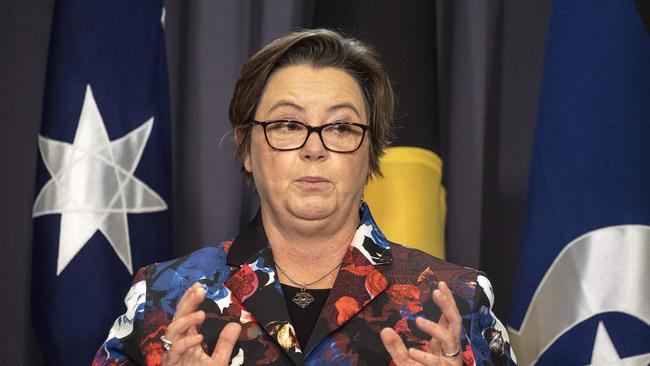
“AGL has concerns about the absence of any ‘threshold’ or criteria as to what would constitute an ‘actual or potential threat’, or conversely any legislated definition as to what constitutes a ‘normal operating state’,” it said in a submission.
“If a gas shortage is causing a threat to system security and a participant is forced to supply to either AEMO or the market, how are they protected for the breach of their supply obligations for that gas?”
The EUAA said big energy users were worried they could find themselves subjected to a direction by AEMO and not able to take delivery of gas under a firm gas supply contract, which was at odds with the federal government’s LNG exporters pact concluded just two weeks ago.
The “federal government in its recent heads of agreement negotiation with the LNG producers assured their international customers there would be no government direction that meant these international customers would not be able to take delivery of their contracted LNG,” Mr Richards said.
“Our members cannot understand why they should have a sovereign risk issue for Australian gas that is not faced by an international customer for Australian produced gas.”
The Australian Aluminium Council said it supported the expansion of AEMO’s powers to enable it to monitor and signal shortfalls, but was worried about the extension of AEMO’s powers to manage supply shortfalls.
“Enabling AEMO to direct gas supply could effectively enable it to constrain the delivery of gas to industrial users on domestic pipelines that already have capacity limitations,” the council said.
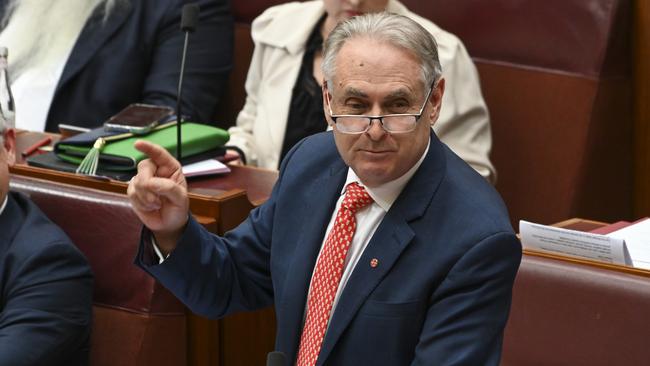
AEMO declined to comment.
Amid internal division within Labor on how heavy handed to go on the gas producers, Trade Minister Don Farrell said the government would not implement policies that would result in international contracts going unfulfilled.
Although Industry Minister Ed Husic has been critical of the heads of agreement struck between the gas industry and Resources Minister Madeleine King, Senator Farrell said the deal was the “way to go”.
“She has secured a lot more gas for domestic use, particularly as we come into winter next year,” Senator Farrell told Sky News.
“That in itself will push pressure down on gas prices.
“We will ensure that we get those long-term prices down but, from my point of view, give some guarantees to particularly Korea and Japan that we continue to be a reliable supplier of conventional energy.”
Australian Manufacturing Workers Union national secretary Steve Murphy backed criticism of producers by the Australian Workers Union and Mr Husic. “Rising energy prices are squeezing workers and local businesses,” Mr Murphy said.
“Since 2007 gas production has tripled, while domestic gas use has declined.
“From our total gas production, only 1 per cent is used by local manufacturing businesses – households are using less than half that amount.
“It‘s pleasing that Minister Husic is publicly recognising that these profiteering big gas corporations are a problem. Refusing to reserve any gas for domestic use or offer a domestic price is putting local industry and jobs at risk.”


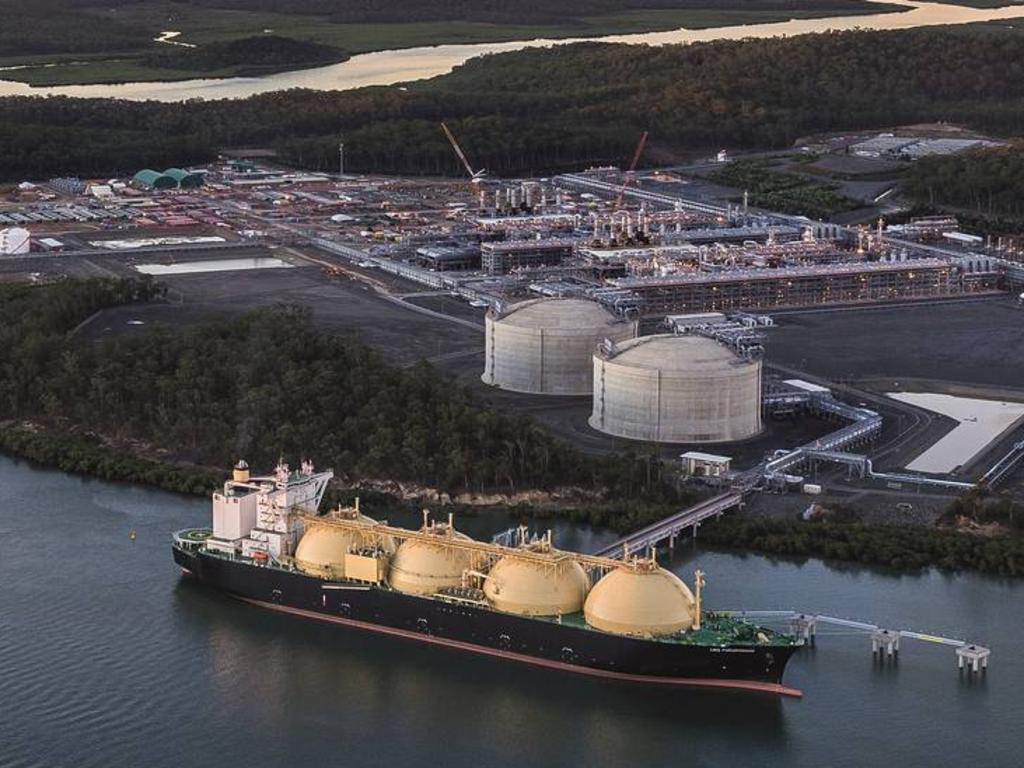
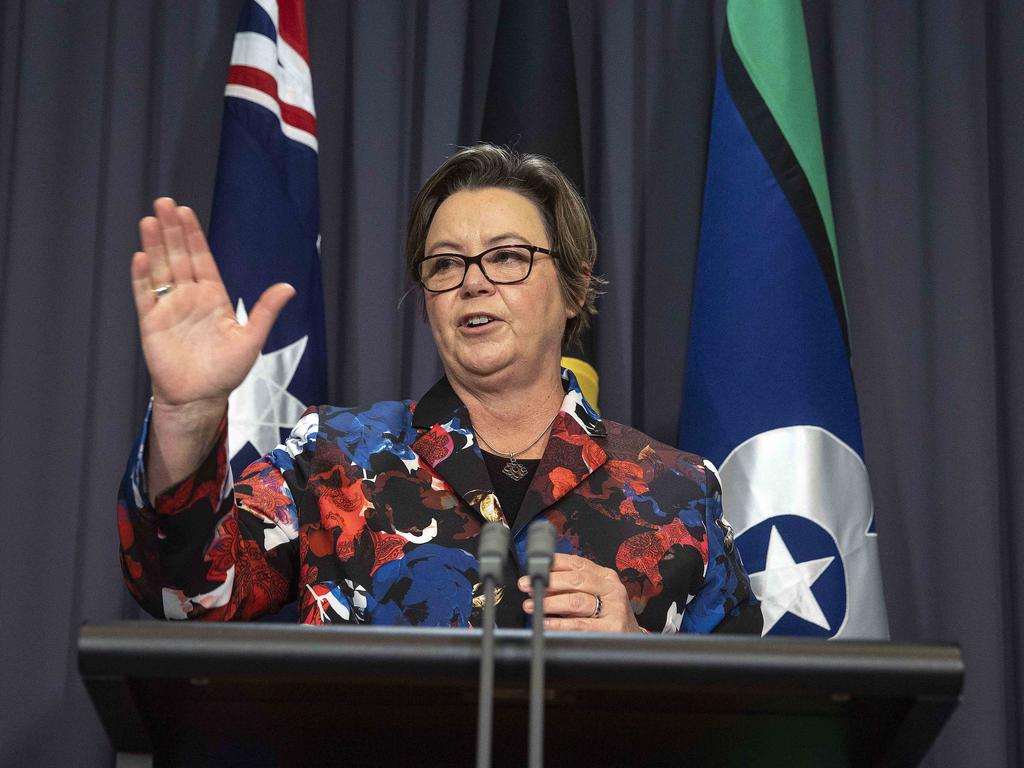



To join the conversation, please log in. Don't have an account? Register
Join the conversation, you are commenting as Logout